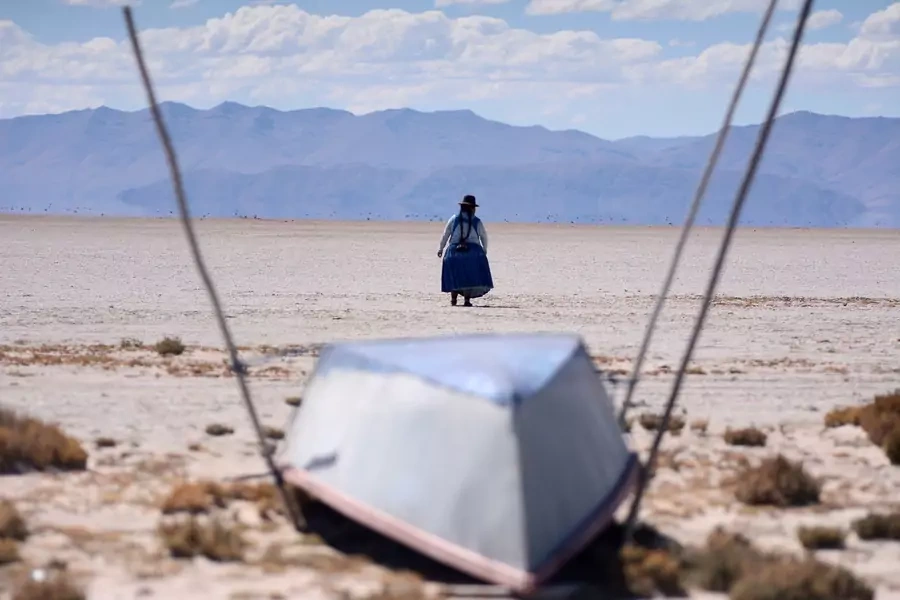- China
- RealEcon
-
Topics
FeaturedInternational efforts, such as the Paris Agreement, aim to reduce greenhouse gas emissions. But experts say countries aren’t doing enough to limit dangerous global warming.
-
Regions
FeaturedIntroduction Throughout its decades of independence, Myanmar has struggled with military rule, civil war, poor governance, and widespread poverty. A military coup in February 2021 dashed hopes for…
Backgrounder by Lindsay Maizland January 31, 2022
-
Explainers
FeaturedDuring the 2020 presidential campaign, Joe Biden promised that his administration would make a “historic effort” to reduce long-running racial inequities in health. Tobacco use—the leading cause of p…
Interactive by Olivia Angelino, Thomas J. Bollyky, Elle Ruggiero and Isabella Turilli February 1, 2023 Global Health Program
-
Research & Analysis
FeaturedAmazon Best Book of September 2024 New York Times’ Nonfiction Book to Read Fall 2024 In this “monumental and impressive” biography, Max Boot, the distinguished political columnist, illuminates…
Book by Max Boot September 10, 2024
-
Communities
Featured
Webinar with Carolyn Kissane and Irina A. Faskianos April 12, 2023
-
Events
FeaturedPlease join us for two panels to discuss the agenda and likely outcomes of the North Atlantic Treaty Organization (NATO) Summit, taking place in Washington DC from July 9 to 11. SESSION I: A Conversation With NSC Director for Europe Michael Carpenter 12:30 p.m.—1:00 p.m. (EDT) In-Person Lunch Reception 1:00 p.m.—1:30 p.m. (EDT) Hybrid Meeting SESSION II: NATO’s Future: Enlarged and More European? 1:30 p.m.—1:45 p.m. (EDT) In-Person Coffee Break 1:45 p.m.—2:45 p.m. (EDT) Hybrid Meeting
Virtual Event with Emma M. Ashford, Michael R. Carpenter, Camille Grand, Thomas Wright, Liana Fix and Charles A. Kupchan June 25, 2024 Europe Program
- Related Sites
- More
Blogs
The Internationalist
Latest Post

The Crisis of the Century: How the United States Can Protect Climate Migrants
The disastrous effects of climate change could displace more than a billion people in the next thirty years. International and domestic legal systems cannot continue to let climate migrants slip through the cracks. Read More
The UN Refugee Convention Is Under Pressure—and Showing Its Age
Uneven national compliance, large-scale human displacement, and climate migration threaten the UN Refugee Convention. It needs to be updated or at least supplemented.
Colonizing Space Is Not the Solution to Our Problems on Earth
The dawn of a new space age is upon us. It warrants taking a step back to ask more fundamental, long-term questions, namely: Just what is humanity hoping to accomplish in space?
The EU's 'Fit for 55' Just Raised the Bar on Climate Policy
When it comes to climate change diplomacy, the European Union is the world’s heavy hitter. But will the world follow its lead?
Ending Modern Slavery Must Be Part of ‘Build Back Better’
Turning the world’s pious words into concrete actions to end modern slavery will require focused attention from world leaders, generous resources from wealthy governments, and an end to impunity for perpetrators.
Who Built That? Labor and the Belt and Road Initiative
Highlighting the Belt and Road Initiative’s problematic labor practices, and pressing China to tighten regulations further, is an important step toward improving the human outcomes associated with BRI.
 Online Store
Online Store

